Blockchain and IoT Integration: A New Step Toward Smart City Development
In recent years, the integration of Internet of Things (IoT) and blockchain technologies has become a key driving force in the construction of smart cities. The IoT enables interconnectivity between various devices, while blockchain provides an efficient, secure, and transparent data management and sharing platform for these devices. This fusion of technologies not only improves efficiency in fields such as smart homes, smart transportation, and smart healthcare, but also lays the foundation for sustainable smart city development.
Integration of IoT and Blockchain
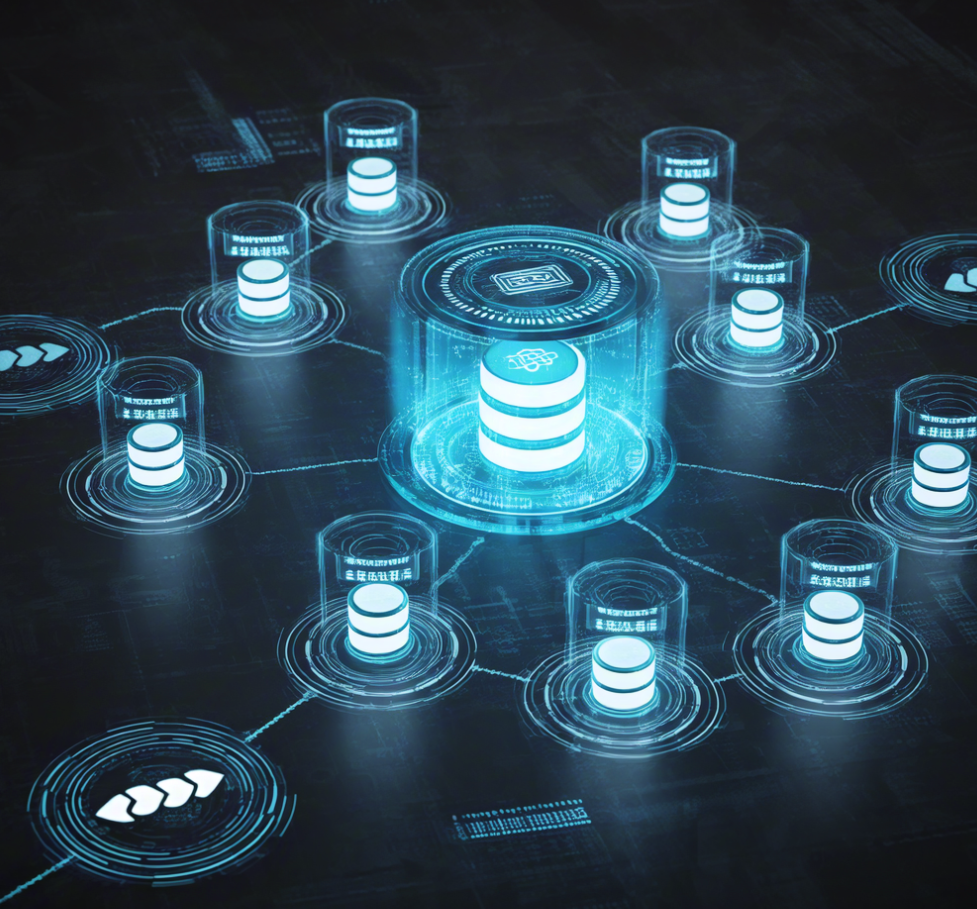
The IoT, through sensors and device communication, offers more efficient and convenient services for daily life. For example, smart home devices can be remotely controlled via the IoT, and smart transportation systems optimize traffic flow through real-time data analysis. However, as the number of IoT devices increases, ensuring secure and reliable data exchange between devices has become a pressing issue.
Blockchain technology, as a decentralized distributed ledger, ensures data immutability and traceability through encryption. By combining blockchain with the IoT, a highly efficient, transparent, and secure data-sharing platform for IoT devices is provided. Through blockchain, data transmission and storage between devices become more secure, avoiding the single point of failure problems associated with traditional centralized systems.
Role of Blockchain in Smart City Development
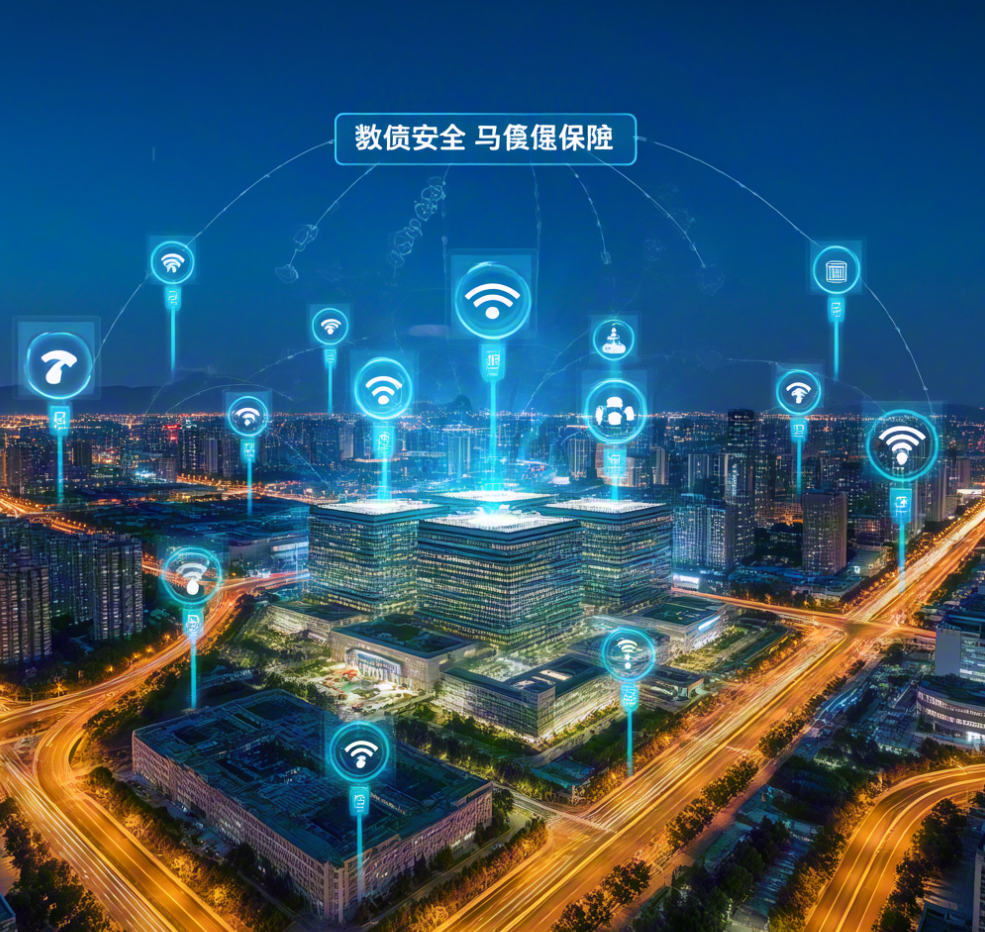
Smart cities rely on information technology to provide more convenient and efficient services through the collaboration of various smart devices. Blockchain’s applications in smart cities primarily focus on the following aspects:
Data Security and Privacy Protection: Smart cities generate large amounts of data, some of which involve sensitive personal information and public safety. Blockchain ensures data security through encryption, allowing only authorized users to access and manipulate the data.
Transparent Data Management: The decentralized nature of blockchain makes data management more transparent. Every piece of data, from creation to transmission to storage, is recorded and traceable, ensuring data authenticity and integrity.
Automation through Smart Contracts: Blockchain's smart contract functionality enables automated data exchange and service execution. Smart contracts can be preset with conditions, and once those conditions are met, the contract automatically executes, reducing manual intervention and improving efficiency.
Application Scenarios of IoT and Blockchain Integration
In the smart home field, the combination of blockchain and IoT makes data exchange between devices more secure and reliable. For instance, smart locks and smart thermostats can be remotely controlled and monitored via blockchain while ensuring the privacy and integrity of data.
In the smart transportation system, blockchain can provide a decentralized payment platform. Users can make transportation payments via blockchain, with each transaction traceable, preventing data leaks and payment fraud.
The smart healthcare field is another important area for the integration of blockchain and IoT. Through the IoT, doctors can monitor patients' health data in real time, while blockchain ensures the security and privacy of this data, avoiding data leaks in the healthcare sector.
Future Outlook
As the IoT and blockchain technologies continue to develop and mature, the future of smart cities looks promising. With the integration of these technologies, various sectors within smart cities will become more efficient, secure, and intelligent. In the future, the development of smart cities will not only boost economic growth but also greatly enhance the quality of life for residents.
However, the application of these technologies faces challenges, such as ensuring blockchain systems' scalability and processing capabilities, protecting user privacy, and developing effective laws and regulations. These are the key issues that need to be addressed to advance the integration of blockchain and IoT.
In conclusion, the integration of blockchain and IoT provides strong technical support for the construction of smart cities. With continuous improvements in technology, smart cities will become more intelligent, secure, and efficient, bringing us a better future.











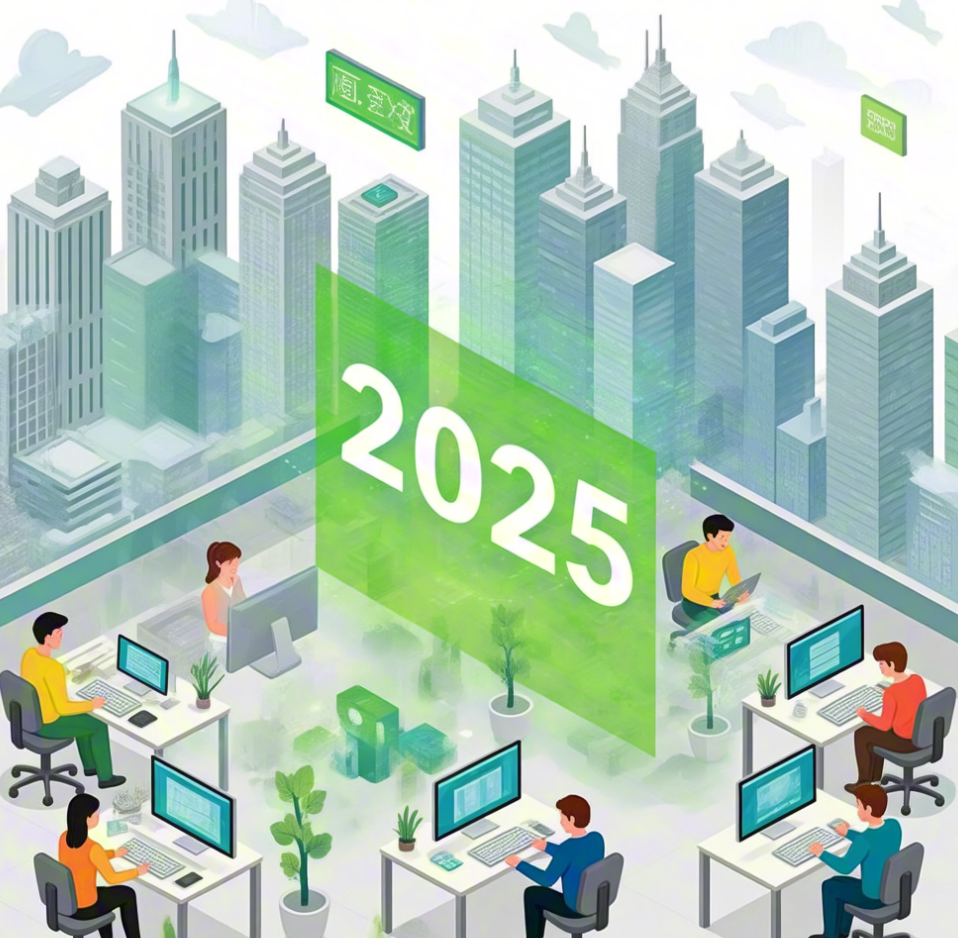
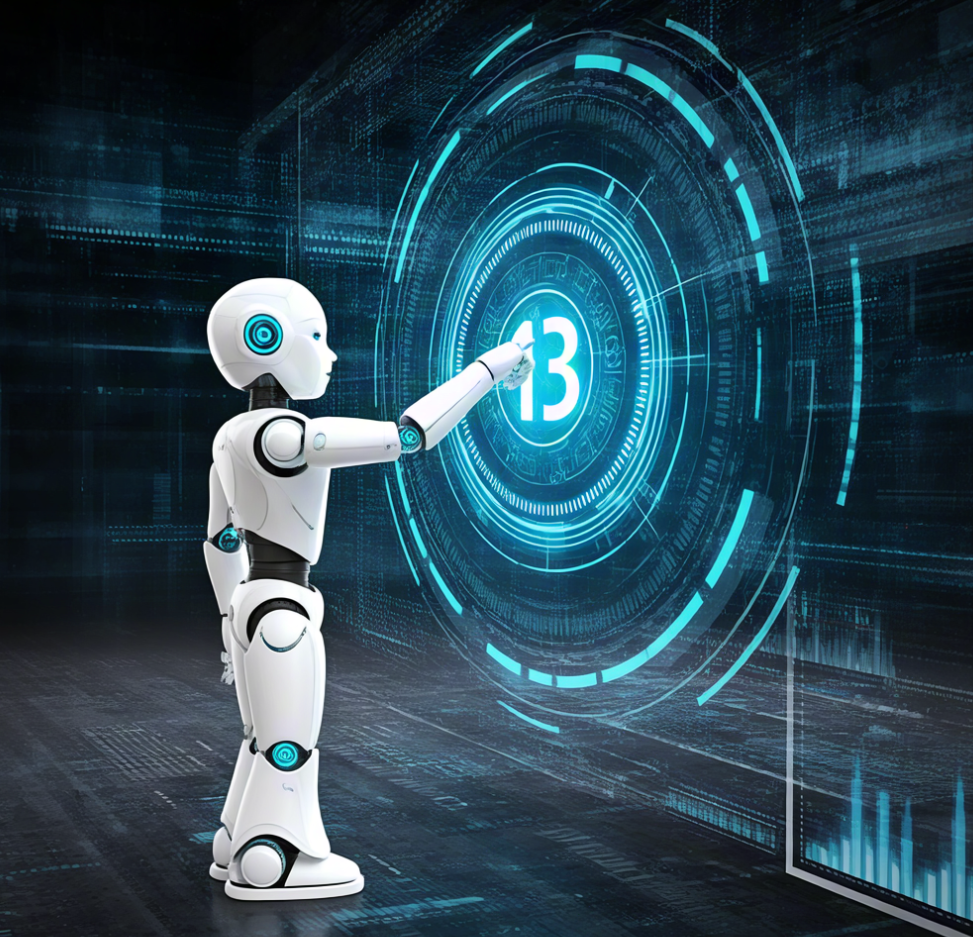
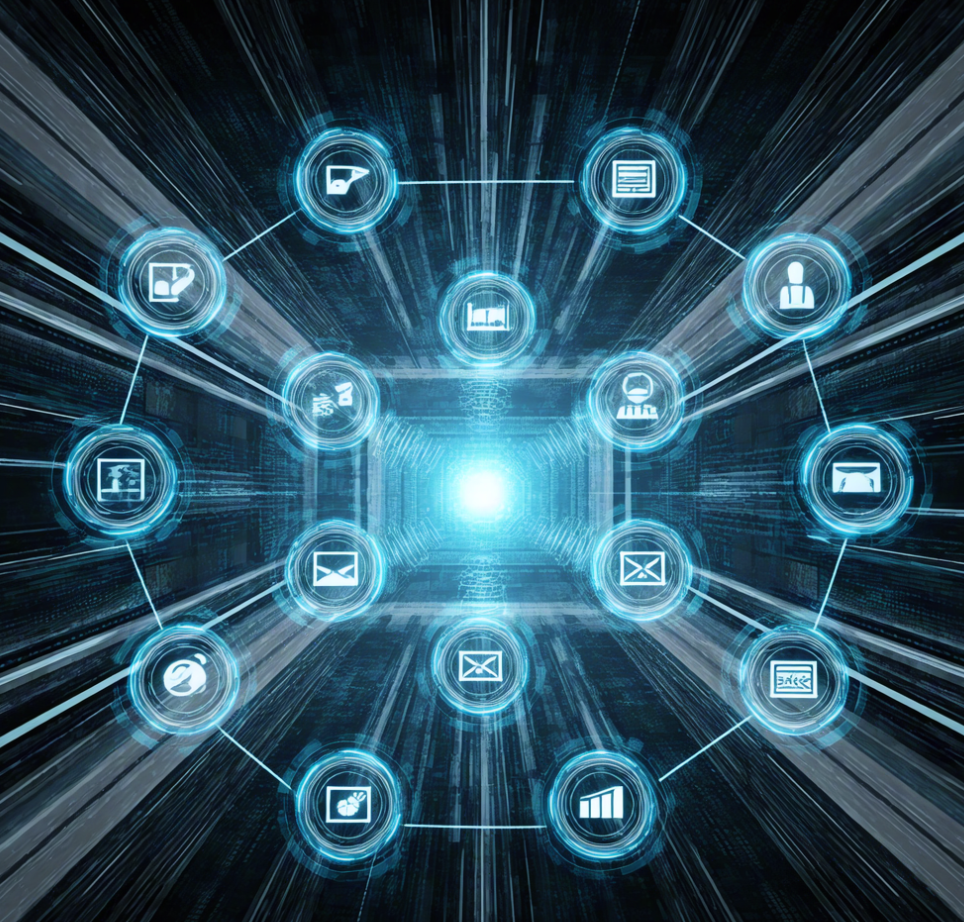

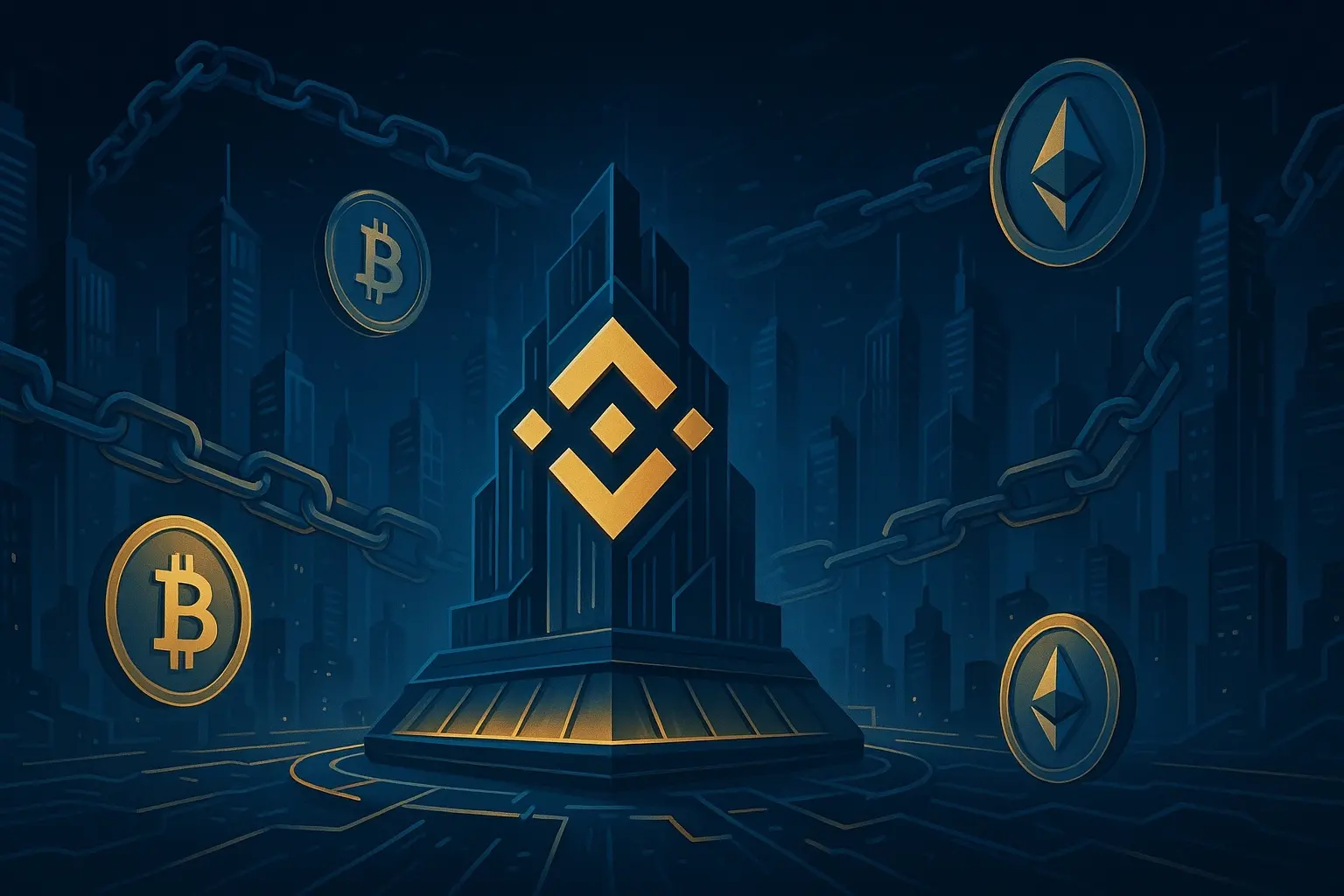
No comments yet